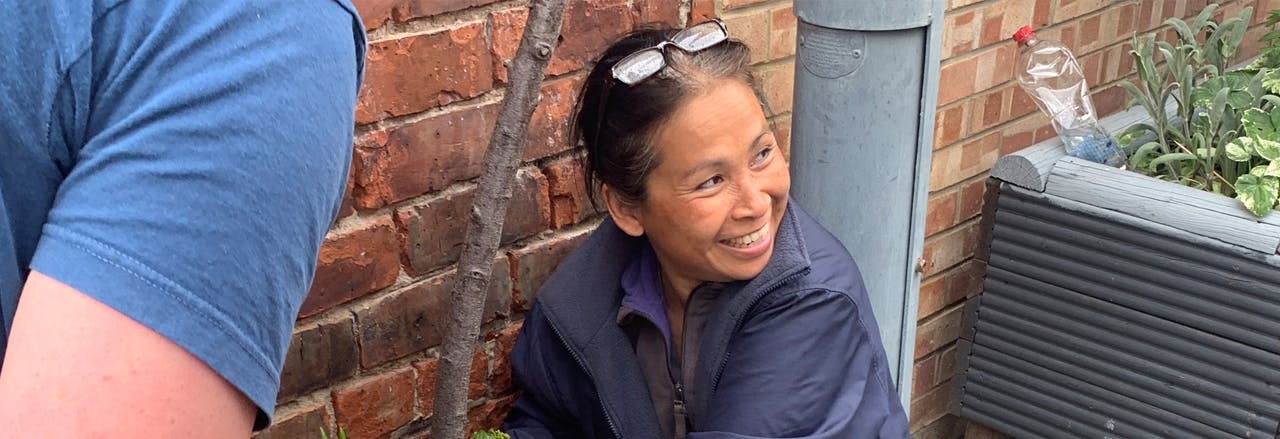
Community action for the environment
What have we learned?
Supporting the environment can deliver important co-benefits
- These include: increased physical activity, reduced air pollution, connection with nature, growing and eating fresh food, and making homes warmer and healthier.
- Environmental action can also create tangible personal benefits, such as saving money, gaining knowledge and skills, and a greater sense of belonging and connection – as well as reducing waste and CO2 emissions.
I have learnt I can make a difference […] that we can make a difference.Participant, Manor House PACT
"Think global, act local" still resonates
- People and communities can and do make a difference.
- Our grantholders have shown how they can lead and inspire behaviour change, offering personal solutions for problems that can seem intimidatingly large and abstract.
- At the same time, we recognise that communities can’t do it alone, needing the right infrastructure to support those changes.
Make it easy, and personal
- Start small, and make environmental action easy and attractive
- Link it to people's personal values and beliefs.
- Our grantholders have found that showing and sharing what you've achieved can create a positive narrative. Seeing the difference you've made – and especially the difference you've made together – can motivate further action and greater change.
The importance of community
- Appealing to people's sense of community can be more effective than an explicit appeal to the climate emergency.
- Working at local level can create networks where people keep up their commitment because they feel a sense of ownership with, and accountability to, their neighbours.
Making the link between growing food in your garden and stuff that you potentially throw out at the end of the day is quite interesting. If I’m growing stuff here, I definitely don’t want to be throwing it out.Member, Edinburgh Garden Share Scheme
Welcome and enable diversity
- A diverse and inclusive movement helps tackle the assumption that environmental action is disproportionately white and middle class.
- It's essential to recognise the contribution that many people from Black, Asian and minority ethnic communities make by living actively green lives.
- Practical adjustments like paying a living wage and ensuring that outdoor venues are fully accessible to people with disabilities are important ways to make the movement more inclusive.
- And as well as supporting green-focused projects, we've funded and will continue to fund ways for all our grantholders to make their work more sustainable.